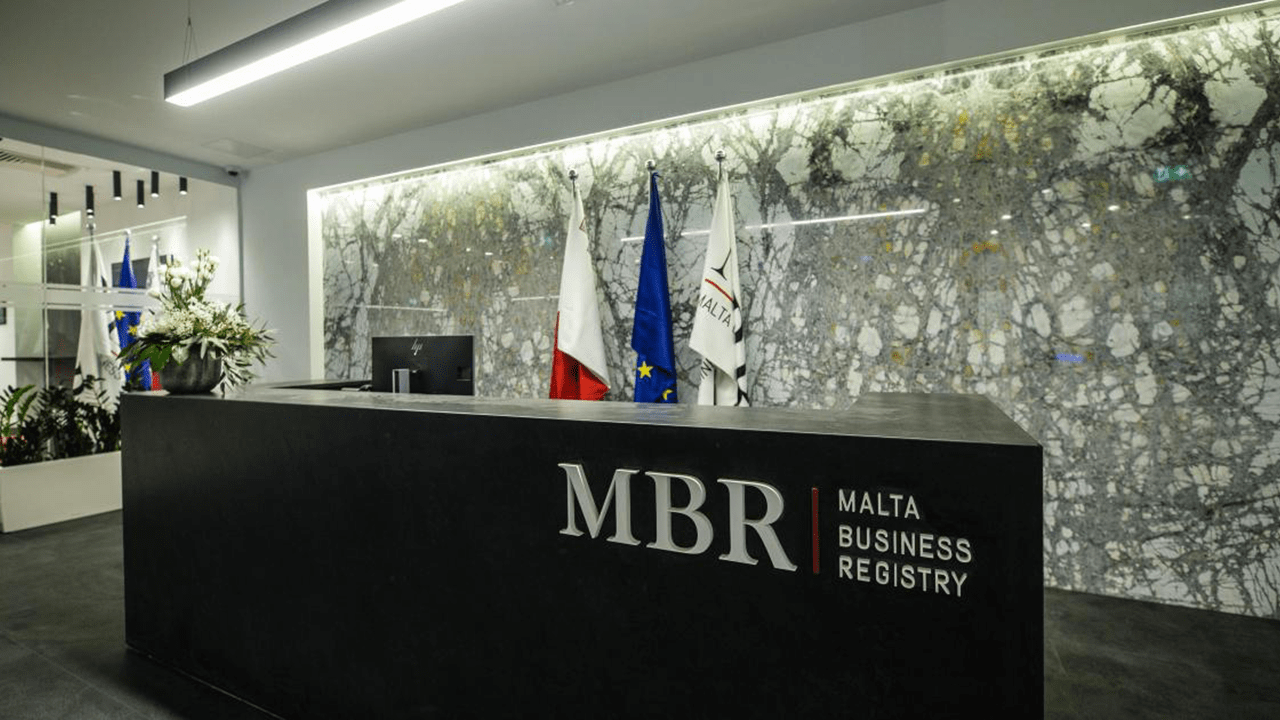The Legal and Regulatory Framework for Company Formation in Malta

If you’re considering setting up a business in Malta, it’s important to understand the legal and regulatory framework for company formation in the country. Malta offers a range of business structures for foreign investors, including limited liability companies, partnerships, and sole proprietorships. This article will provide an overview of the legal and regulatory requirements for company formation in Malta.
Overview of the Maltese Legal System
Malta is a civil law country, which means that the legal system is based on written laws and statutes rather than on judicial decisions. The Maltese legal system is influenced by Roman law, which is the basis of many European legal systems.
Types of Business Structures in Malta
There are several types of business structures in Malta, each with its own legal requirements and benefits. The most common types of business structures in Malta are:
Limited Liability Company (LLC)
An LLC is the most common form of business entity in Malta. An LLC has its own legal personality and is separate from its owners. This means that the owners are not personally liable for the debts and obligations of the company.
Partnership
A partnership is a business structure in which two or more individuals share ownership of a business. In a partnership, the partners share profits and losses and are jointly and severally liable for the debts and obligations of the partnership.
Sole Proprietorship
A sole proprietorship is a business structure in which one individual owns and operates a business. The owner is personally liable for the debts and obligations of the business.
Legal and Regulatory Requirements for Company Formation in Malta
The legal and regulatory requirements for company formation in Malta vary depending on the type of business structure. However, there are some general requirements that apply to all businesses:
Name Reservation
Before registering a business in Malta, you must reserve a name for your company. The name reservation process can be done online and takes only a few hours.
Memorandum and Articles of Association
All businesses in Malta must have a Memorandum and Articles of Association. This document outlines the company’s purpose, powers, and rules for internal management.
Share Capital
Companies in Malta must have a minimum share capital of €1,165 for private limited liability companies and €46,588 for public limited liability companies.
Registered Office
All companies in Malta must have a registered office in Malta. The registered office is the official address of the company and must be open during normal business hours.
Company Directors
Companies in Malta must have at least one director who is a natural person. The director must be a resident of Malta or of another European Union member state.
Company Secretary
Companies in Malta must appoint a company secretary. The company secretary is responsible for maintaining the company’s statutory registers and records.
Taxation
Companies in Malta are subject to corporate income tax on their worldwide income. The corporate income tax rate in Malta is 35%. However, companies can benefit from a number of tax incentives and exemptions.
Conclusion
The legal and regulatory framework for company formation in Malta is designed to protect investors and ensure that businesses operate in a fair and transparent manner. By understanding the requirements for company formation in Malta, you can make informed decisions about the best business structure for your needs.
Recommended Posts

Legal Nuances of Operating an Online Casino
May 17, 2024

Overview of Business Finance in Malta
May 17, 2024

Enhancing Payment Security with Blockchain
May 17, 2024



